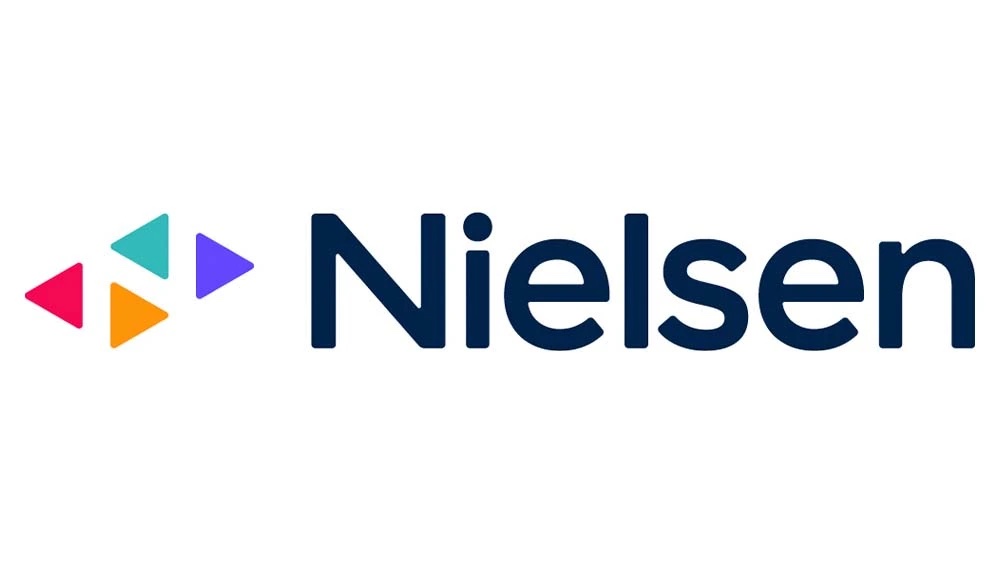Broadcasters ally globally against SNG interference
The professional video industry's #1 source for news, trends and product and tech information. Sign up below.
You are now subscribed
Your newsletter sign-up was successful
Broadcasters are collaborating in a worldwide, two-part program to tackle the growing problem of interference caused by Satellite News Gathering (SNG), focused on training and equipment certification.
The Radio Frequency Interference – End Users Initiative (RFI-EUI) and the Global VSAT Forum (GVF) have announced support and commitment to the program from World Broadcasting Unions, the International Satellite Operations Group (WBU-ISOG) and the satellite Interference Reduction Group (IRG).
For the training part, RFI-EUI, an international association of broadcasters, together with GVF and its training partner, SatProf, have collaborated over a program to test operators of satellite newsgathering systems, as well as satellite operators, on skills necessary to reduce SNG-based interference. For the certification, RFI-EUI and GVF are jointly promoting the use of SNG terminal equipment that has been tested and approved in coordination with GVF’s industry framework.
“We are excited to be launching this program at CABSAT,” commented Dick Tauber, Co-chair, RFI-EUI and Chairman of WBU-ISOG. “Satellite interference continues to be a significant issue in our industry. Well-trained operators and increased use of type-approved equipment can help to dramatically reduce errors, and therefore instances of unintended interference.”
“The RFI-EUI Training and Certification Working Group (WG), led by Maura Maloney of ESPN, has been working closely with GVF and SatProf to ensure the program is tailored to the needs of our industry,” commented Rich Wolf, Co-chair, RFI-EUI. “In parallel, the RFI-EUI Best Practices WG, led by Paul Cohen of Fox Networks, and Colin Robinson, Chair of GVF’s Mutual Recognition Arrangement Working Group, are collaborating to promote the use of tested and approved SNG equipment.”
The growing use of SNG encouraged by a new generation of lightweight, portable equipment comprising manageable packages, and complying with international baggage regulations, has meant interference has become a growing problem. This new SNG initiative comes in addition to longstanding programmes tackling satellite interference as a whole, which is generally considered to come in five categories. Interference can be caused by system users, adjacent satellites, terrestrial services, cross polarization where upsignals are misaligned in opposite polarized transponders, and deliberate jamming. SNG mostly comes into the first category while the majority of efforts in the past have been focused on the other four.
Interference in general has been a major cause of costs for the satellite industry and has hampered entry to new markets in some cases, including consumer broadband and airborne connectivity. Combating it has become an increasingly global effort as the threats are not confined by borders, and in the case of SNG a broadcaster may be involved in uplink of signals from areas outside their usual jurisdiction.
Certification and testing have figured increasingly in these efforts, with GVF recently announcing that 10,000 technicians had undergone a global certification program that had taken seven years to develop. GVF has also doubled the number of industry test agencies that ensure earth station equipment conforms to acceptable industry limits on spectrum use and does not cause interference.
Another important aspect of interference control is the emergence of Carrier ID, which enables operators to identify interfering carriers quickly and respond in real time to maintain Quality of Service. The DVB Steering Board this month approved a new specification for Carrier ID, which will now be submitted to the European Telecommunications Standards Institute (ETSI) for formal standardization. A Carrier ID BlueBook will be published shortly.
The professional video industry's #1 source for news, trends and product and tech information. Sign up below.
The other hot issue of the moment is deliberate interference, which has increased dramatically since the Arab Spring, bringing democratic uprisings across the Arab world, broadcasting of which has been suppressed by some States that feared it would encourage insurrections there. This led Mark Rawlins, head of payload engineering and operations for Eutelsat, to note that deliberate jamming, while still accounting for only a small percentage of overall interference, had increased from 54 cases in 2010 and 109 in 2011 to 340 for just the first 10 months of 2012.
Broadcasters targeted by jamming included the BBC, France 24, Deutsche Welle and the Voice of America. A key point is that this affects not services within the country where the jamming originates but in adjacent regions as well, and also channels using frequencies close to those targeted.
